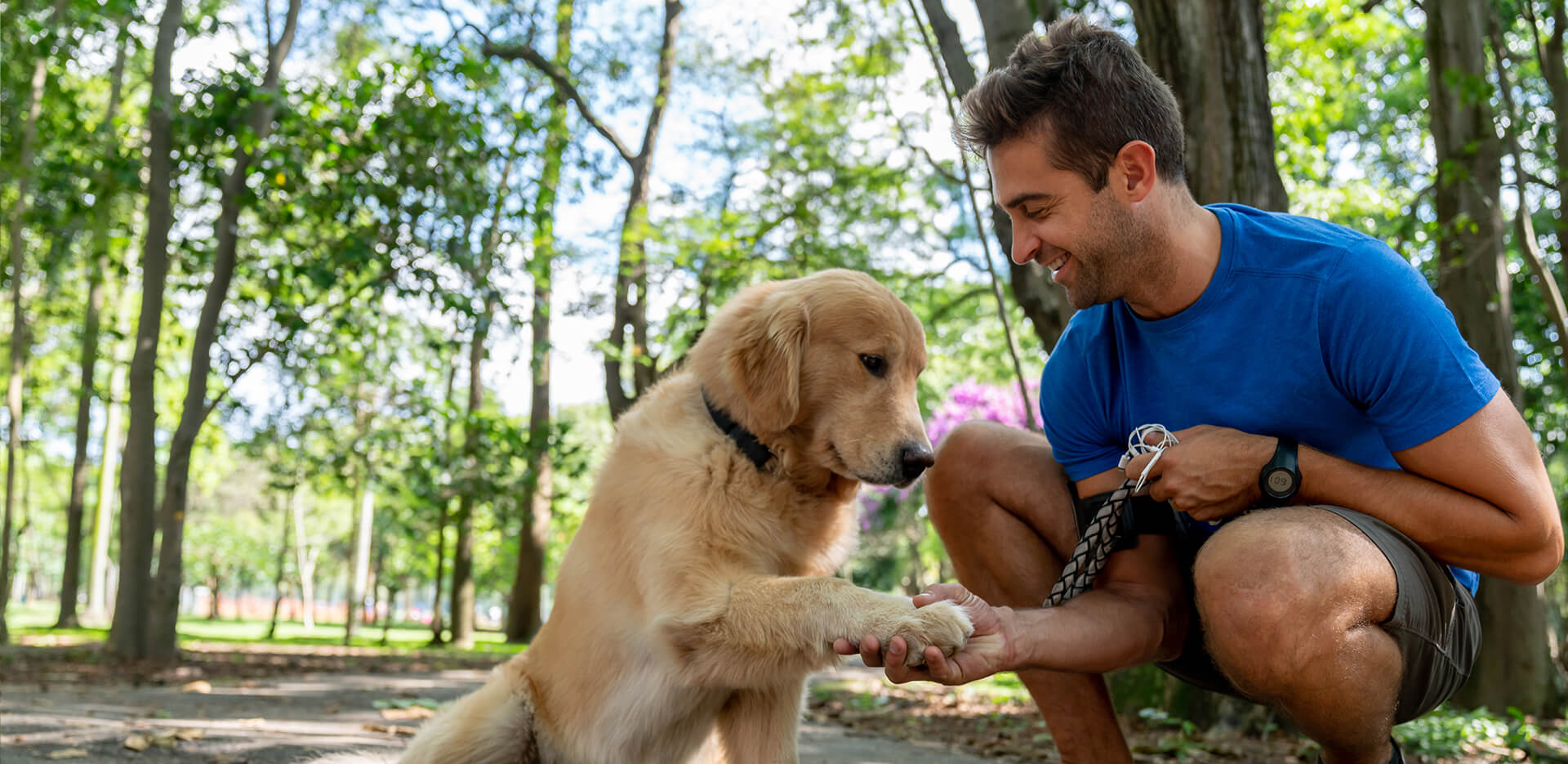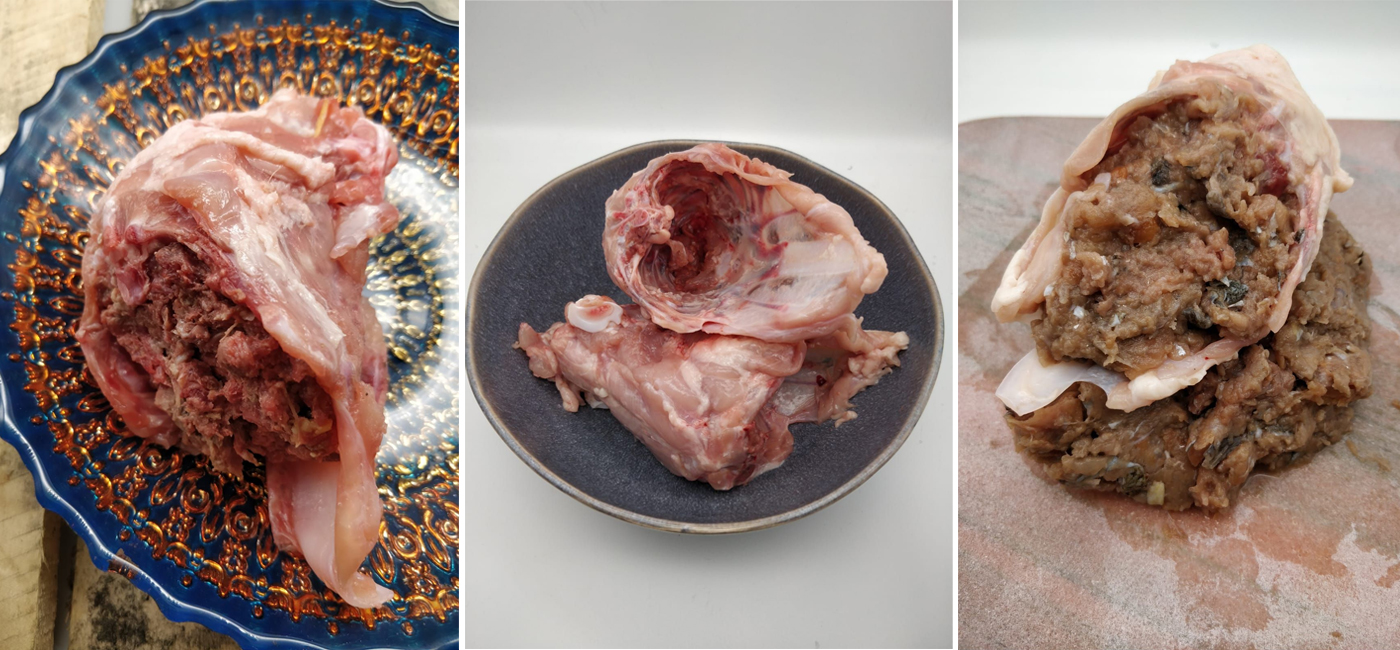Sorry about that! It looks like we’ve run out of stock for that product. Sign in below and we’ll send you an update when it’s back in stock.
20% DISCOUNT on your first order! Use the discount code "IMNEW20" at checkout!
When introducing bones to your pet’s raw diet, we recommend starting with a chicken carcass. A few weeks into feeding a raw diet to your dog or cat, they will probably be ready to start eating and enjoying boney meals as their stomach acid will be strong enough to digest them fully.
All raw bones are safe to feed. There are no ovens in the wild and whilst our four legged friends have become domesticated, we believe their natural food source is still raw. Their hinged jaw is still designed to chop and crush, making bones a natural and satisfying meal.
Important: Dogs and cats must never be fed cooked bones as they can be harmful and cause complications during digestion. If you are ever suspicious your pet may have ingested a cooked bone, contact your vet as soon as possible.
For more information about getting started with bones, or for answers to any questions you may have about transitioning to raw pet food, feel free to contact our team or pop into one of our Dorset pet food shops to speak to us.

The action of chewing on a bone is incredibly beneficial as not only does it help to keep dogs teeth clean by naturally scraping tartar away, but also they have to think about how they are going to eat this meal; this paired with the chewing process releases natural endorphins with help to calm and relax your pet.
The action of chewing on a bone is incredibly beneficial as not only does it help to keep dogs teeth clean by naturally scraping tartar away, but also they have to think about how they are going to eat this meal; this paired with the chewing process releases natural endorphins with help to calm and relax your pet.

The proof is in their poo! It’s not the most glamourous of tasks, but checking your dog’s poo is the very best way to tell whether their digestive system is completely ready to fully digest bones – if you can’t see any bone when you check, their body has fully digested it. If there are pieces of bone, don’t worry, just continue feeding raw as usual and try a boney meal again in a couple of weeks or when you and your dog feel ready.
Chicken carcasses are a fantastic introductory choice as they include lots of cartilage, and their rounded shape makes them difficult to swallow whole. This makes them a great choice for teaching your dog to chew, as they simply can’t eat it any other way! When moving on to other types of bone, your dog will be more likely to chew it fully, based on what they learnt when starting with a chicken carcass.
We offer a whole range of stuffed chicken carcasses, providing delicious all-in-one meals that your dog will absolutely adore! Top tip: If you’re concerned your dog might be eating a little too quickly, try serving semi-frozen to slow them down and ensure they chew through the bones fully. If you’re ever unsure about anything, don’t hesitate to contact the Nurturing by Nature team – we’re always happy to advise.